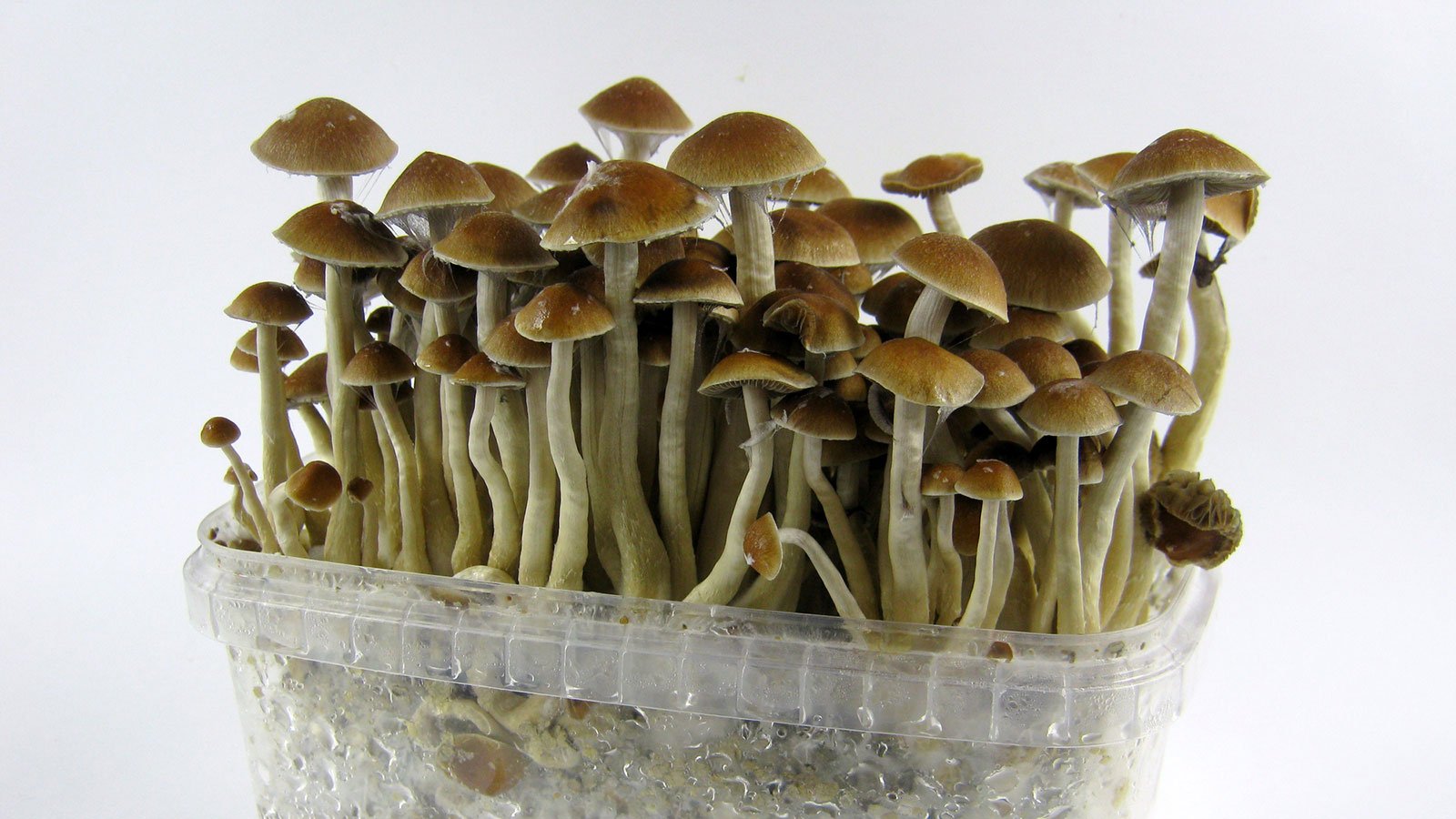Inflammatory Bowel Diseases or IBD is an umbrella term used to describe a condition of chronic inflammation of the digestive tract. IBD is generally characterized by diarrhea, abdominal pain, weight loss, and fatigue. It can be a debilitating disease, and some people face severe symptoms.
Due to this disease, individuals can face progressive functional and structural damage to their digestive system, especially the gastrointestinal tract. As it is a fairly common ailment, there are many approaches to help in treating this disease.
From lifestyle changes to using supplements like Mega Mucosa, you need to take every step necessary; but which method is truly effective?
Treating IBD: What You Need to Know
Traditionally, the treatment for IBD would involve treating the disease’s symptoms and bringing them under control. However, this approach does not have a substantial impact on the long-term well-being of the patient.
Recently, there has been an approach to incorporate mucosal healing in the treatment of patients with IBD. While this method’s benefits are still being researched, initial results show that it may be a promising approach.
With the effectiveness of therapeutic techniques such as mucosal healing, many specialists reconsider whether merely treating symptoms is the right way to approach IBD. With the help of supplements such as Mega Mucosa, mucosal healing may become more accessible to people, helping them with their IBD.
Understanding Inflammatory Bowel Disease
As mentioned earlier, IBD is simply a term used for diseases that result in chronic inflammation of the digestive system. There are mainly two types of IBD:
- Ulcerative Colitis: Patients suffering from this disease face inflammation and ulcers on their large intestine and rectum’s superficial lining.
- Crohn’s Disease: Patients who have Crohn’s disease face inflammation along their digestive tract, which may include the deeper layers of their digestive tract.
IBD is a chronic condition, and patients go through periods of active disease or flare-ups followed by remission or periods of little or no activity. The ulcers that occur due to IBD can affect several layers of the small and large intestine. The innermost layer of the intestine is called the mucosal layer. In mucosal healing, there is a focus on healing the ulcers on the patient’s mucosal layer.
What Is Mucosal Healing and Why Is It Important?
Defining mucosal healing is complicated, and even experts have not agreed yet. To understand mucosal healing, it is also essential to understand remission in IBD. A patient suffering from IBD may be in remission. There may be little to no signs of the disease, but it does not always mean no inflammation.
Mucosal healing refers to no signs of disease activity during various tests, including a colonoscopy. While scar tissues may be present due to healed ulcers, there should be no digestive tract inflammation. Unfortunately, mucosal healing is an individual process, which has made it difficult to establish a standardized rating of mucosal healing, although gastroenterologists strive to work towards it.
Even Though it is still complicated, mucosal healing is a goal that gastroenterologists are working towards. Different IBD medications also offer different rates of mucosal healing, and the focus is shifting from treating symptoms to focusing on mucosal healing and providing patient relief.
Experts are investing in an increasing number of clinical trials and research towards mucosal healing to help in approving medication that focuses on healing the digestive tract’s mucosal lining.
Does It Help?
While research is still in its nascent stages when it comes to approving drugs and approaches to aid in mucosal healing, initial studies have been favorable. Some studies suggest that with mucosal healing, risks associated with IBD are significantly reduced.
For those with Ulcerative Colitis, this means reduced risks of developing colon cancer or requiring a colectomy. For those who have Crohn’s disease, this means a lower chance of needing steroids for treatment or requiring surgery.
Hence, overall, mucosal healing seems to indicate better results in improving patients’ quality of life in the long term.
Opting for Mucosal Healing
There is no single medication or method for increasing mucosal healing at the moment. Medicines that aid with IBD also aid in mucosal healing, and lifestyle changes, supplements, and eating healthy can also accelerate the rate of mucosal healing.
As mentioned earlier, this is an individual process; hence, you will need to work with your healthcare provider to ensure that your health is progressing as it should. Since IBD is a chronic disease, patients often feel discouraged to take steps to improve their health. However, as more experts look into mucosal healing, a more long-term solution may be in the cards for those suffering from IBD.






